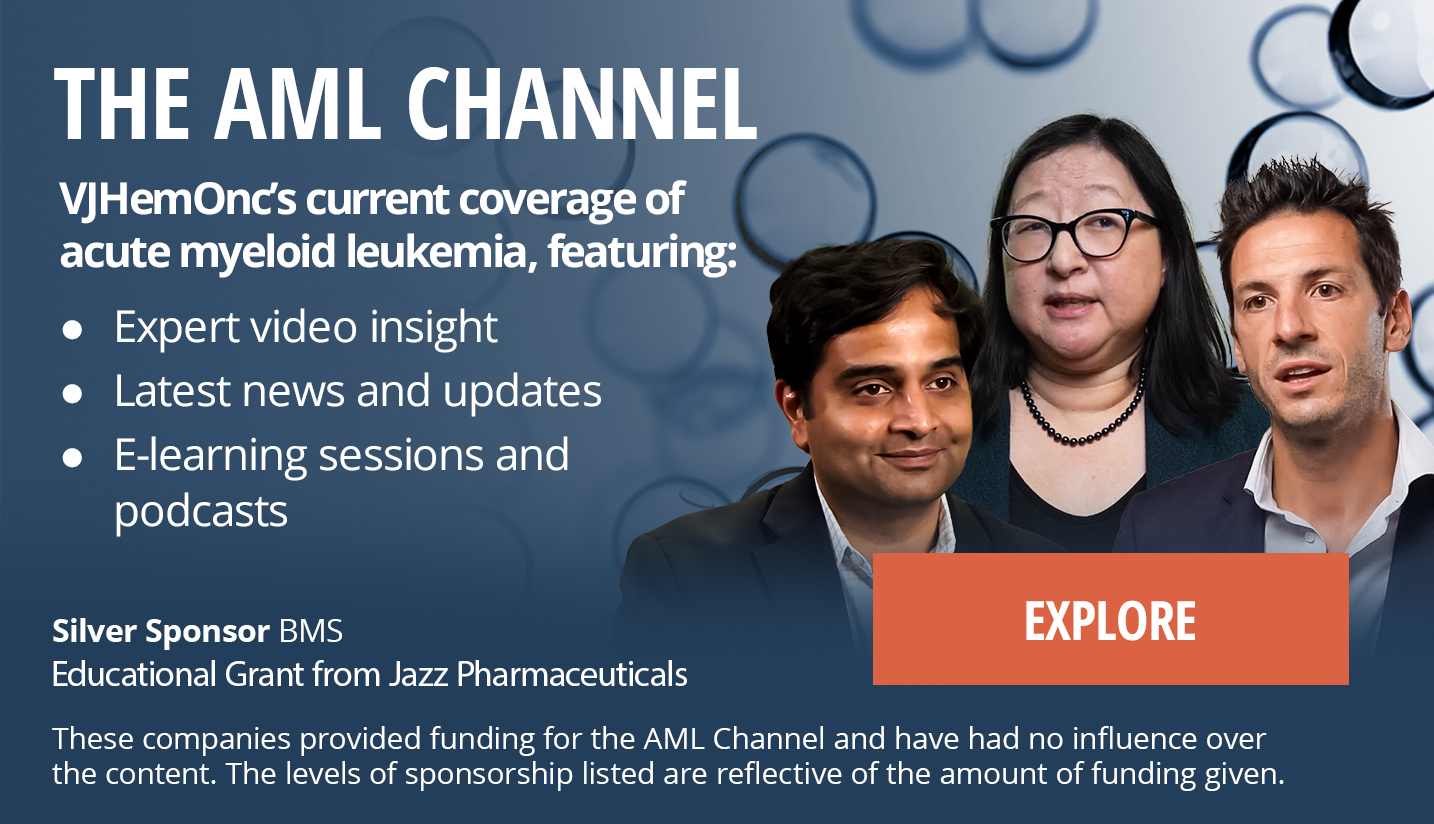Pivekimab is a CD123 antibody drug conjugate which has actually dosed a lot of patients from monotherapy to combinations both in the front line and the relapsed refractory setting. You know, really data over this past year have focused on frontline patients. There was a major data update at ASH, where again response rates, including MRD negativity rates with the triplet appear to be better both in mutant and wild type populations...
Pivekimab is a CD123 antibody drug conjugate which has actually dosed a lot of patients from monotherapy to combinations both in the front line and the relapsed refractory setting. You know, really data over this past year have focused on frontline patients. There was a major data update at ASH, where again response rates, including MRD negativity rates with the triplet appear to be better both in mutant and wild type populations. I think the question is, you know, is now moving forward to a pivotal phase three trial. So where the trial is currently at, is has enrolled a large cohort of patients that would meet the exact valley population, so over 75 or younger with comorbidities. Those data will be likely presented at ASH of this upcoming year. And I think really the question is in the true unfit patient population, what’s the tolerability of the triplet? There are some increased cytopenia toxicities. But, you know, in our experience, the response rates have been quite great and durable. And particularly patients getting to transplant have had, you know, very, you know, good outcomes from that setting. So I think the big question is now are we ready to go forward with a pivotal phase three of triplet versus doublet? I would be excited to be involved in that trial. And that’s really the question. And I think again, the go no go decision will be based on sort of the maturing data from that ongoing expansion cohort. You know, pivekimab does have exciting activity in BPDCN. And so the agent, you know, may ultimately be able to come to market in that setting. But again, for AML, it will require likely a triplet versus doublet trial with overall survival as the primary endpoint.















